
Adrenal fatigue: what it is and 17 all-natural ways to fix it fast
Adrenal insufficiency syndrome is more widespread than you might think. Your adrenal glands don’t often get the attention they deserve and you’ll know when yours aren’t happy.
These small layered glands reside on top of your kidneys. As a matter of fact, these little guys are critical for healthy kidney function and the production of hormones—particularly stress and sex hormones (estrogen and testosterone). In fact, the word “adrenal” comes from the Latin for “near the kidney”.
The core of the adrenals (medulla) produces neurotransmitters that receive input from the brain and releases hormones so we react accordingly (1). Adrenaline and norepinephrine push the body to action (fight/flight/freeze), increasing heart rate and blood flow. On the other hand, dopamine is the pleasure hormone, regulating emotional responses and body movement.
The middle layer (cortex) is responsible for sex and steroid hormone production. In fact, steroid hormones regulate the sleep cycle and blood pressure and are involved in the metabolism of food into usable energy. The outer part of the adrenals (capsule) is composed of adipose (fat) tissue to protect the adrenal glands.
Adrenal Fatigue
More often than not, we hit the adrenal glands too hard and too often. “First World” lifestyles are, to a large extent, driven by emotional stress (school, work, finances, relationships) and our food, water, and air all contain harmful chemicals that apply physical stress on top of that.

Left unattended, adrenal fatigue can lead to adrenal insufficiency.
Signs of adrenal fatigue include (2):
- Multiple allergies
- Anxiety
- Blurry vision
- Body aches or chronic muscle pain
- Brain fog and memory loss – excess cortisol over time affects the hippocampus, where memories are stored
- Extreme fatigue
- Cold hands and feet
- Depression
- Dizziness
- Chronic dry skin and/or brittle nails
- Hair loss
- Heart palpitations
- Hypoglycemia
- Irritability
- Lethargy
- Low blood pressure
- Low sex drive
- Muscle weakness
- Salt and/or sugar cravings
- Poor sleep/mid-afternoon sleepiness
- Thyroid problems
- Tinnitus
- Uterine fibroids
- Unexplained weight loss or gain
The Stages Of Adrenal Fatigue
There are four identifiable stages of adrenal fatigue (3):
One – Beginning of Alarm
This is a normal state of heightened reactivity. In response to a stressor, from something simple like taking an exam to something serious like an automobile accident, your adrenal glands will release cortisol and other hormones so you can deal with the immediate situation. Most Stage One activity subsides once the hazard has passed and normal cortisol levels return.
Two – Alarm Continues
The stressor doesn’t quickly go away and your body must remain in an elevated state to meet the challenge. Stress-related hormones may increase while sex and sleep hormones drop. You might feel wired but tired. If this stage goes on long enough, adrenal fatigue can set in.
Three – Resistance
The endocrine system—including the adrenals—continues to produce excess stress hormones and fewer sex and sleep hormones. You can still function normally but you feel symptoms of exhaustion. Lethargy and an impaired immune response lend themselves to catching every bug that’s going around. As a matter of fact, you may find yourself unable to get rid of a simple yeast infection. This phase can last months or even years.
Four – Burn-out
None of us is superhuman. If we don’t take good care of ourselves, eventually even day-to-day living can become a chore and your systems begin to shut down. Stress hormone levels finally drop in stage four and low cortisol levels aren’t enough to get you going. Anxiety, depression, weight loss or gain, irritability, and apathy can result. If you get to this stage, it will take conscious effort (and patience) to support your adrenals and restore balance. It’s at this point that adrenal fatigue moves into adrenal insufficiency. Click NEXT for home remedies to treat adrenal fatigue..
Adrenal Insufficiency
After the crash, when the adrenal glands aren’t producing proper levels of hormones, the condition is referred to as “insufficiency”. Fatigue isn’t the only cause of adrenal insufficiency; it can occur due to other lifestyle factors (e.g., diet or toxin exposure), disease, or autoimmune reactions.
The primary causes of adrenal insufficiency are:
- Chronic emotional stress
- Addison’s disease
- Poor diet – the vitamin B complex is essential for proper adrenal function, acting as catalysts for enzymatic processes throughout the body (4)
- Disease – diabetes, asthma, inflammatory-related conditions, autoimmune disorders, and any chronic illness (and their treatments!) can put undue stress on adrenal glands
- Lack of sleep
- Toxicity caused by environmental pollutants
- Emotional or physical trauma
- Adrenal gland disorders – genetics, chronic infections, larger endocrine system imbalance, tumors, and some pharmaceuticals affect how our adrenals function
If you feel your adrenal gland function is impaired, look through these simple ways to support them.
17 Home Remedies to Treat Adrenal Fatigue
You’ll feel renewed and energized after trying these remedies for adrenal support.
1. Improve Your Sleep Hygiene
Sleep deprivation is a vicious cycle you need to break: you feel tired but push yourself to stay awake. Sleep patterns are disrupted, making you feel even more tired.
A consistent, solid 7-8 hours of sleep every night will heal your entire body, including your adrenal glands. Turn off electronics at least an hour before retiring, take a hot bath before bed, read a book, drink a cup of calming tea to get better sleep.

And it’s important to do so: you perform best when you’re well rested. Currently, studies of chronic fatigue indicate a definite connection between lack of a goodnight’s sleep and daytime dysfunction. (5)
Follow an Adrenal Diet
Your diet impacts every part of your body, adrenal glands included.
2. Avoid Caffeine

1-3 cups of coffee a day are okay for most people (even beneficial) but not after 3:00 p.m. when it can overload adrenal activity and interfere with sleep. Limit caffeine intake and switch to herbal tea or lemon water in the afternoon to purge toxins and improve energy.
“Repeated doses of caffeine over a single day result in markedly increased cortisol levels, regardless of the stressor involved or the sex of the individual…a positive relationship clearly exists between caffeine intake and cortisol release, and this relationship is exacerbated when other stressors are introduced. Thus, supplementing a lack of sleep with multiple cups of coffee or energy drinks actually reinforces the negative effects of the stress response and further undermines performance. The benefits of caffeine intake must be balanced with its implications for cortisol secretion,” writes ana article in the Dartmouth Undergraduate Journal Of Science.
3. Reduce or Eliminate Alcohol

If you are already manifesting signs of adrenal dysfunction, cut the alcohol. Of course, alcohol stresses the liver, kidneys, and adrenals and can disrupt sleep. The substance also affects hormone production and neurotransmission. (7)
4. Ditch the Sweets

Refined sugar is the bane of human existence, stressing every function in your body. When it comes to the adrenal glands, cortisol automatically elevates blood sugar to allow for quick energy in reaction to stress. Eating or drinking sweets further raises blood sugar, then insulin production goes into overdrive, with its additional health implications, like diabetes and related damage.
5. No More Microwave Oven

Microwaves change the molecular structure of foods, releasing free radicals. In any case, anything touched by a microwave immediately becomes foreign to the body. Processed foods contain chemicals that will further tax your endocrine system. Best to use the microwave oven as a box only for storage or dispose of it altogether (safely) and make more room for your cookbooks.
6. Swap Out Hydrogenated Oils

Vegetable oils are processed in such a way as to make them harmful. When heated, they release aldehyde (a known neurotoxin) and contain more omega-6 fatty acids than you need. In addition, most canola, corn, and soy in North America are genetically modified. Instead, opt for healthy fats like coconut, avocado, sesame, and olive.
7. Ashwagandha

This adaptogenic herb used in Ayurvedic medicine is known to help us respond to stress and balance hormones and blood sugar level. It is truly a treat for each adrenal gland.
An Indian study in 2008 found that “WSE [Withania Somnifera Extract] reduces experiential feelings of stress and anxiety at all dosage levels tested…all WSE-treated groups showed improvement in stress and anxiety scores…as a result of participants feeling less fatigue, flushing, perspiration, loss of appetite, headache and muscle pain, feelings of impending doom, palpitations, dry mouth, sleeplessness, forgetfulness, irritability and inability to concentrate…WSE’s therapeutic activity may be attributed, at least in part, to its effect on the hypothalamic-pituitary-adrenal axis, which regulates serum cortisol concentration.” (8)
You can find ashwagandha in tea, tinctures, and capsules in health food stores, online, or in an ethnic Indian store.
8. Holy Basil

This common herb reduces cortisol levels and regulates plasma corticosterone, promoting balance to the adrenal glands. By fighting the physiological effects of stress, holy basil protects your hypothalamus, pituitary gland, and adrenals (9).
9. Supplement with Fish Oil
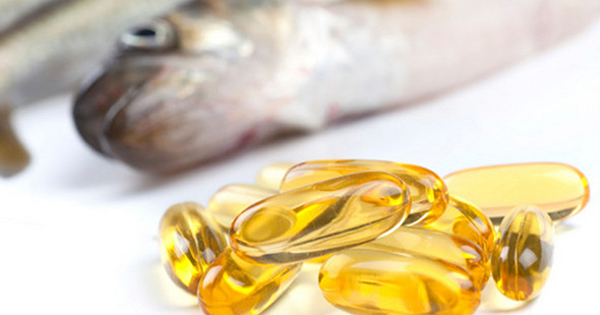
A 2003 study found that the fatty acids contained in fish oil (eicosapentaenoic acid, EPA and docosahexaenoic acid, DHA) inhibit adrenal activation caused by mental stress by calming the central nervous system. (10) Moreover, fish oil fats nourish the brain and reduce neurochemicals that cause depression and irritability.
10. Magnesium

Deficiency of this nutrient is common. This “relaxation mineral” reduces the production of cortisol and is responsible for hundreds of bodily functions. Easy sources of magnesium include Epsom salt (add a little to that hot bath before bed to double the health benefit), dark leafy greens, pumpkin seeds, pecans, cashews, lentils, okra, bananas, Brazil nuts, and avocados. You can also make your own magnesium lotion for easy mineral absorption.
11. Licorice Root
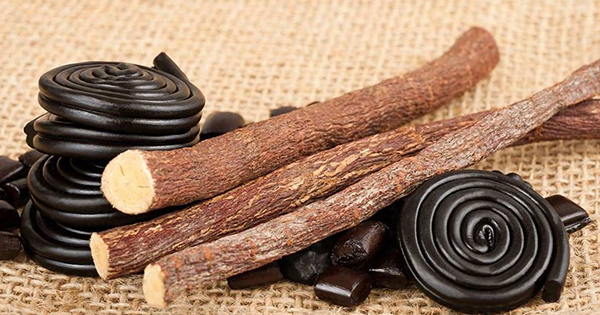
Not the bright red twisty candies you buy at the movie theater. In reality, licorice root contains phytonutrient triterpenoid saponins (primarily glycyrrhizin) that regulate cortisol (11). However, small doses are best, as large amounts can affect kidney function and raise blood pressure. To use, licorice can be taken as a tea or in capsule form to support the adrenal cortex, regulate blood sugar, and balance hormones.
12. Hydration

Like getting enough sleep, this is a no-brainer for adrenal support. Dehydration is a common symptom of adrenal fatigue and it strains every other cell in your body.Water is great on its own, but it can seem a little boring after awhile. Stay hydrated by adding chilled herbal tea, a teaspoon of honey, a tablespoon of apple cider vinegar, or few slices of cucumber to change things up.
13. Hormone-Balancing Granola
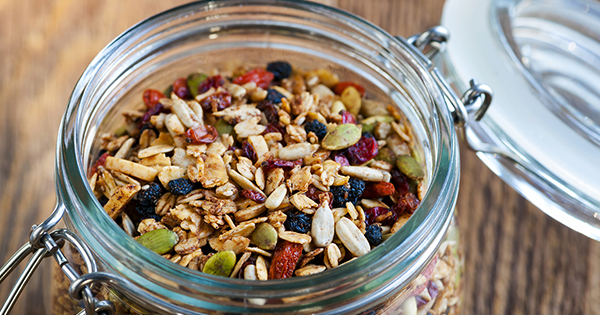
Try the recipe below for a delicious adrenal boost.
- ⅔ cup Brazil nuts
- ⅔ cup pecans
- ⅓ cup pumpkin seeds
- 2 tablespoons chia seeds
- ⅓ cup ground flaxseeds
- ¼ cup coconut flakes, unsweetened
- ⅓ cup raisins
- 5 tablespoons coconut oil, melted
- 4 tablespoons maple syrup
- 1 teaspoon vanilla extract
- 2 teaspoons cinnamon
- Preheat oven to 180°F.
- Chop Brazil nuts and pecans in a food processor or by hand.
- Mix in a bowl with the seeds and coconut flakes.
- Combine melted coconut oil, maple syrup, vanilla extract, and cinnamon.
- Pour into the dry ingredients and mix until the nut and seed mixture is well coated.
- Place the granola in a single layer on a baking sheet lined with parchment paper.
- Bake for 30 minutes and remove from oven.
How it works: magnesium and selenium in the nuts and seeds regulate stress hormones and promote hormone balance. Meanwhile, coconut oil provides healthy fat for your brain and endocrine system. Maple syrup will satisfy a craving for sweets while providing antioxidants and minerals. Lastly, cinnamon is a natural anti-inflammatory agent.
Stress Relief for Adrenal Support
14. Yoga

A proven stress-reliever that can be done at home or in a group, yoga is great for your body and thoughts. In fact, gentle stretching in ancient prescribed poses grounds your energy and calms the mind. With exercises for beginners and masters alike, you can practice yoga at any time and reap its rewards. Click here for some starting poses.
15. Go Outside

Whether sunny or cloudy, the movement of the wind and the sight of natural surroundings foster calm and peace. Simply remove yourself from stressors by taking a walk in a park and allow your mind to rest or wander to other things. Go travel as often as you can and find a reason to go outside every day.
16. Space Out Your Workouts

Exercise increases dopamine and reduces cortisol. Whether you’re taking a low-impact walk or an intense spin class, you’ll enjoy increased blood and lymph flow and improved bodily processes. Above all, just make sure you don’t exercise within two hours of going to sleep and allow days of rest between strenuous workouts to allow your muscles time to recover.
Keep in mind that over-zealous exercise is counter-productive. In fact, it actually puts a strain on your adrenals and interferes with hormone production. So make sure to adjust your workout routine and not to push yourself too hard with gym exercises.
17. Consider Changing Your Lifestyle

If you suffer from adrenal insufficiency or fatigue, it is most likely because you are subjected to chronic stress. Accordingly, adjusting your diet and exercise regimen goes a long way to reducing stress.
Long-term stress relief, however, is imperative to staving off more serious health issues.
Here’s how to make a change:
- Adjust your sleep habits
- Do something you enjoy every day
- Confide in a friend or professional counselor
- Have a massage
- Constructively approach stressors and change what you can; sometimes even a small compromise can take the edge off
- Avoid negative people
- Cut yourself some slack and try to find something positive in every challenge
Adrenal Insufficiency Recovery Time
So how long does it take to heal your adrenal glands? Just as you didn’t find yourself in your current situation overnight, so the road to recovery also takes time. Therefore, a rough estimate depends on how long your adrenals have been over-taxed.
With lifestyle and diet changes, you can expect the following recovery time:
- 6-9 months for minor adrenal stress
- 12-18 months for moderate adrenal fatigue
- Up to 24 months for severe adrenal insufficiency
While it sounds like a very long time, you’ll feel the effects of proper adrenal support in a much shorter period. Give yourself ( and your adrenals) a little TLC. You earned it.
News in the same category

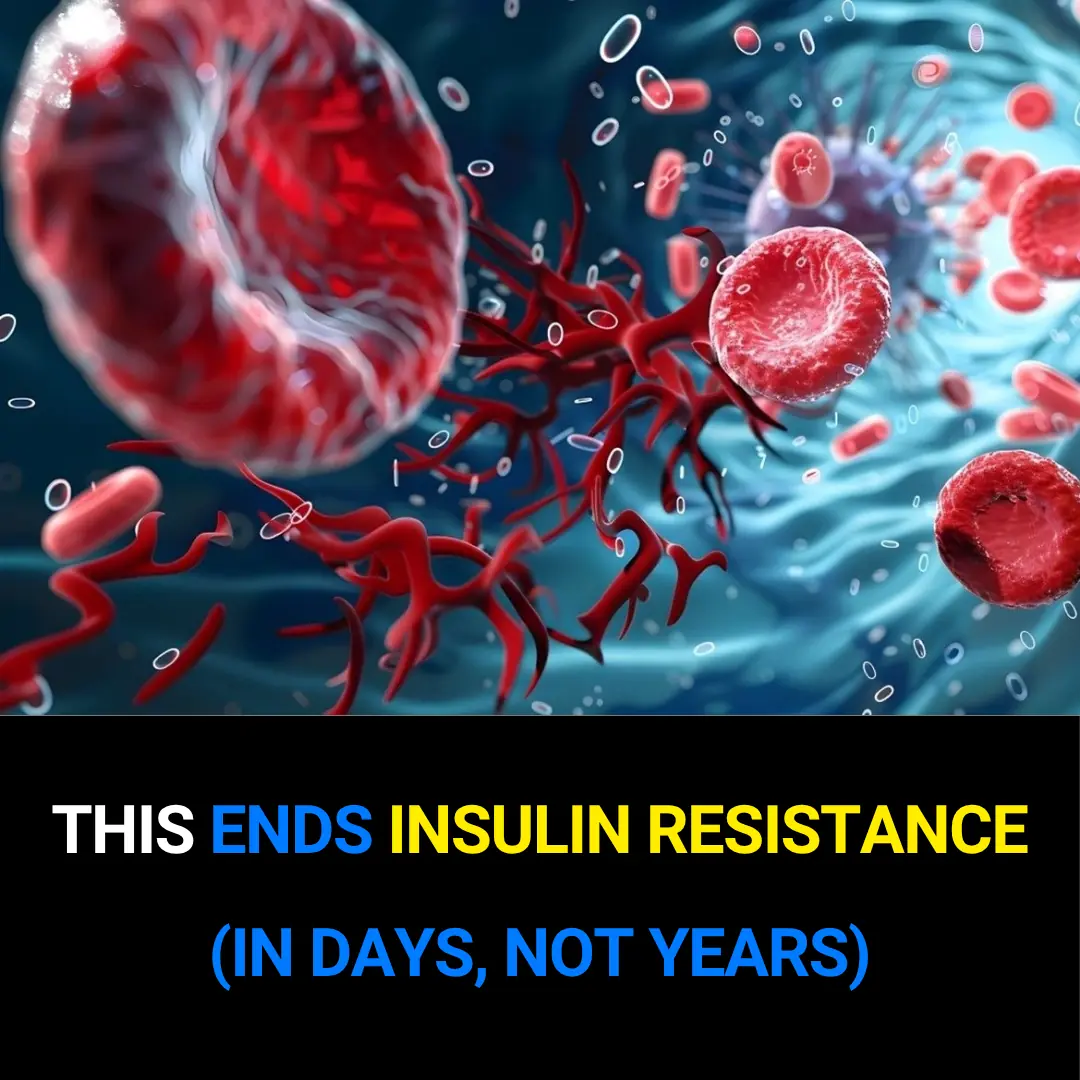
This Ends Insulin Resistance (in Days, Not Years)

7 Warning Signs of Diverticulitis Most Doctors Miss
![Are You Being Misled About What Your Blood Pressure Should Be? [READ THIS CAREFULLY]](https://onplusnewscom.8cache.com/onplusnewscom/images/2025/10/25/1761400387Ii4TCVIhQj.webp)
Are You Being Misled About What Your Blood Pressure Should Be? [READ THIS CAREFULLY]

Medicinal Health Benefits of Turmeric, Curcumin and Turmeric Tea Based on Science

The Best Foods to Cleanse and Prevent Clogged Arteries

Capsaicin Stops Heart Attacks And Destroys Cancer Cells

17 Signs Your Body Is Too Acidic And 9 Ways To Quickly Alkalize It

Colon Cleansing With Kefir and Flaxseed Meal

Apple extract kills colon cancer cells better than chemotherapy drug

12 surprising foods that help dissolve blood clots naturally
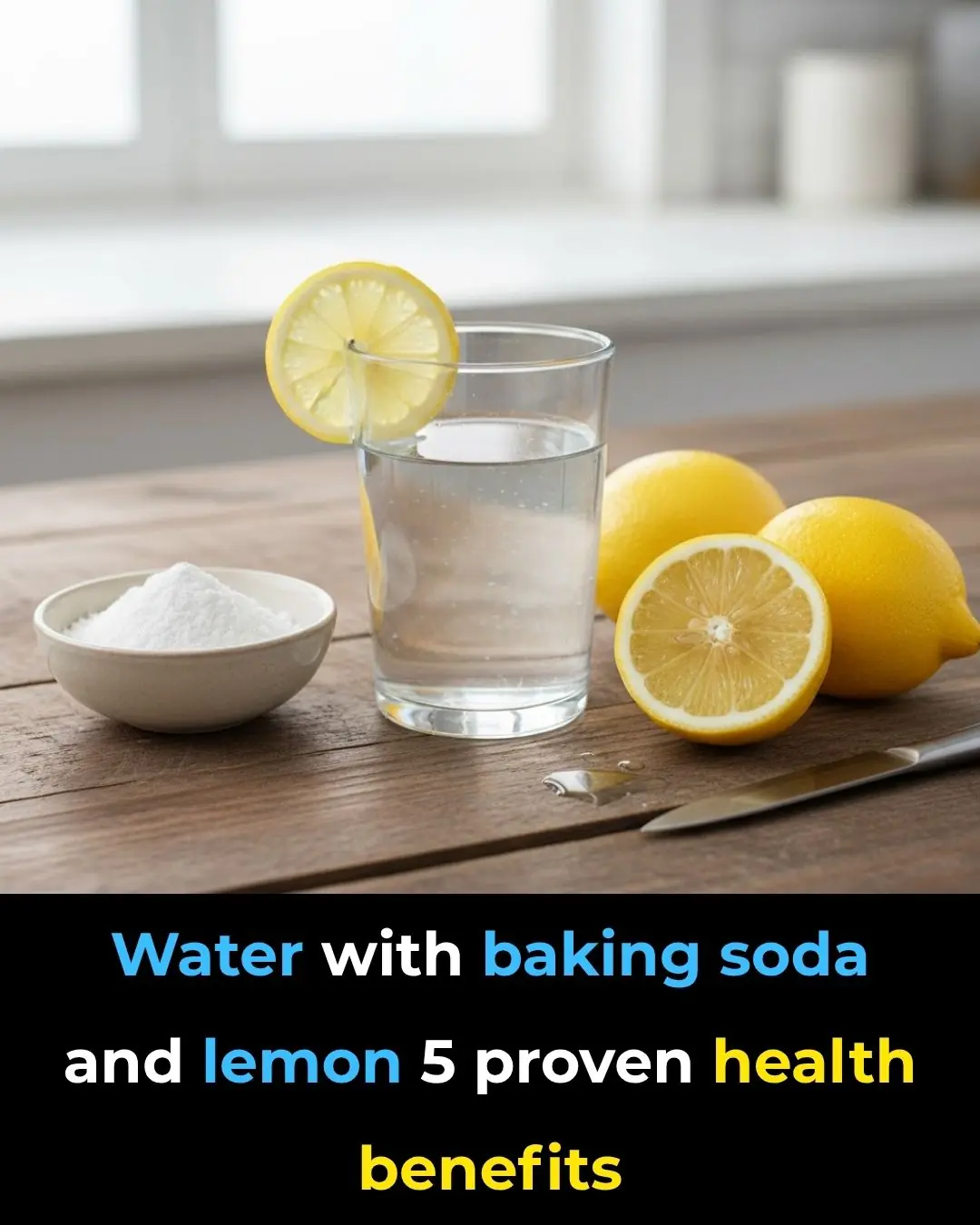
5 Best Water Benefits You Should Know

The Link Between Gout and Kidney Disease: What You Need to Know

The Rise of Kissing Bugs
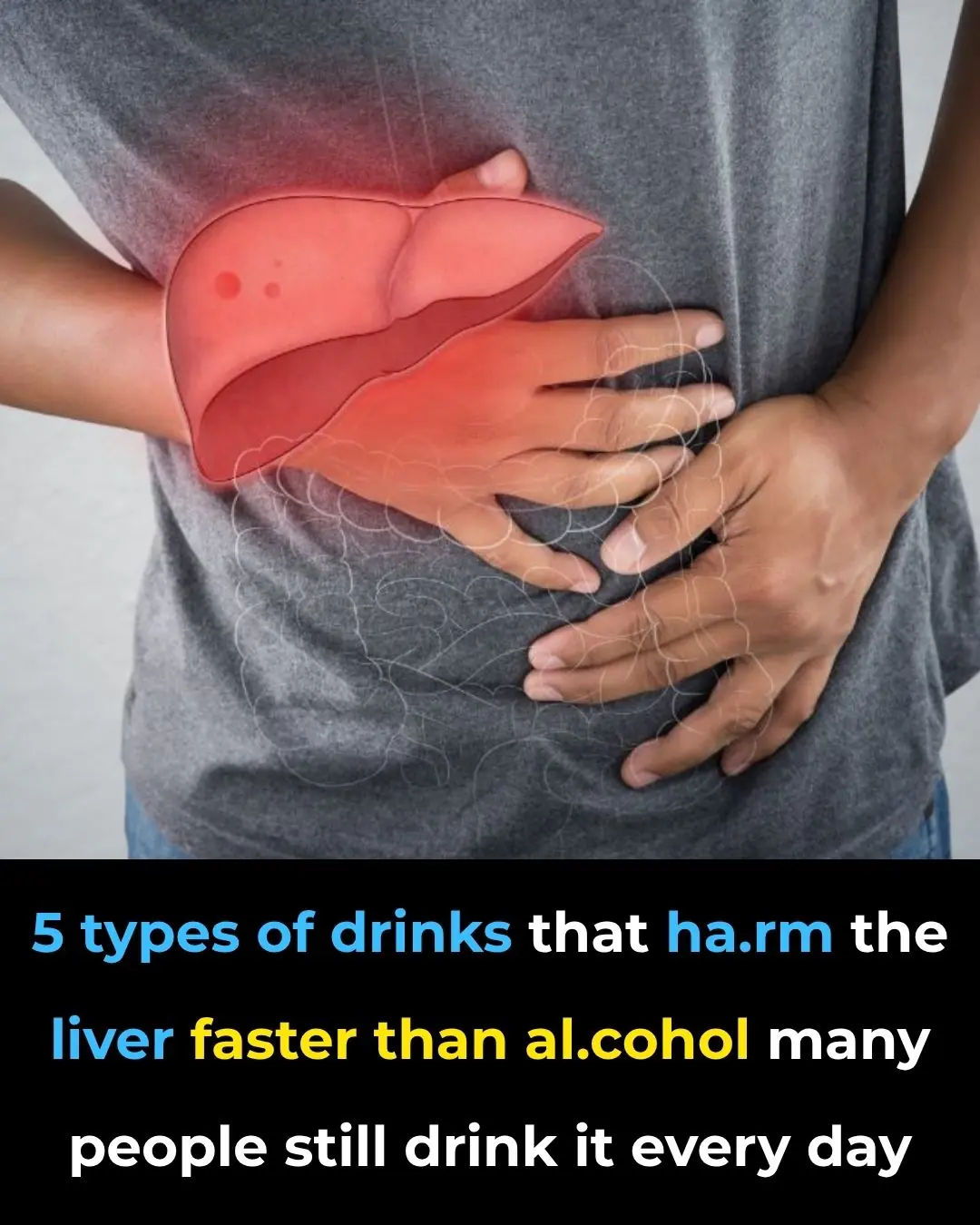
5 Common Drinks That Can Damage Your Liver Just Like Alcohol
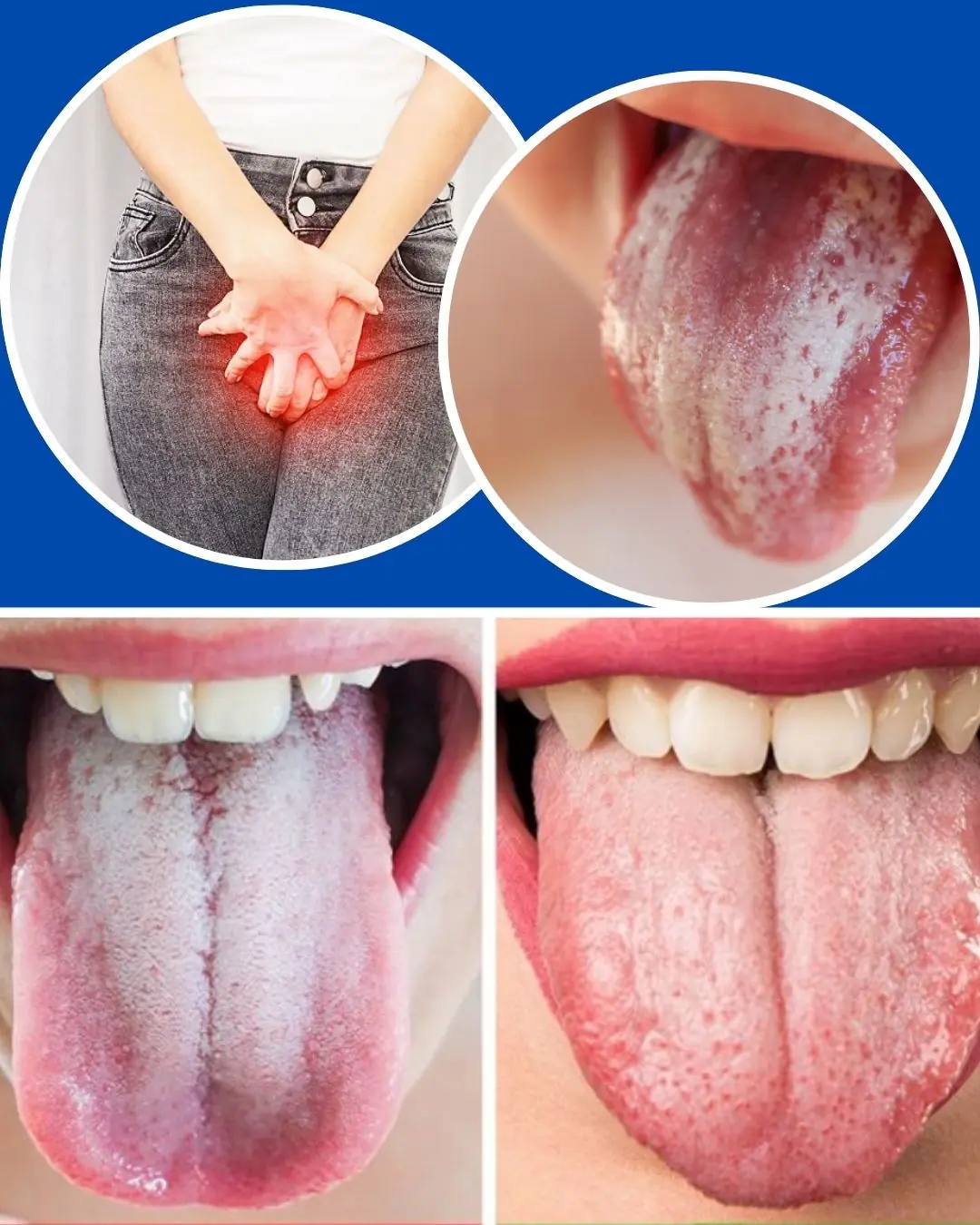
Listen to Your Tongue: 11 Subtle Health Messages It Sends Health June 11, 2025 Updated: June 11, 2025

If your mouth feels dry at night, here are 8 reasons why
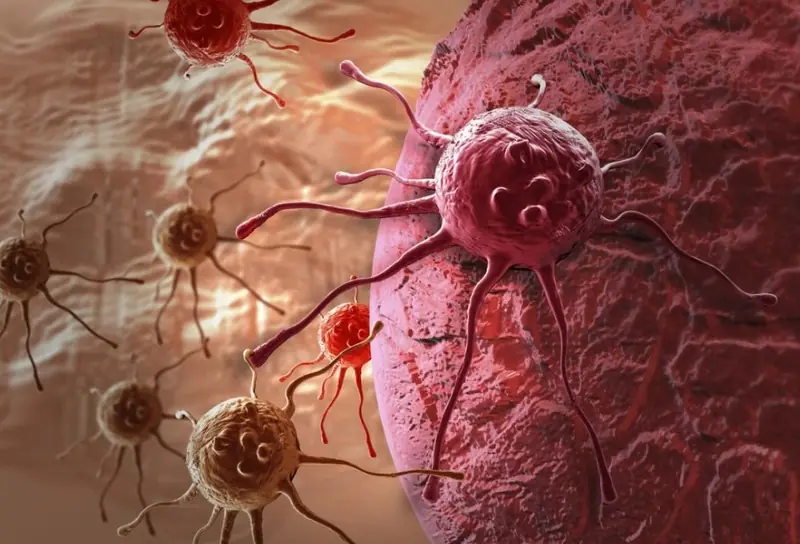
Two itchy areas on the body could be a sign of liver cancer — but many people mistake it for an allergy
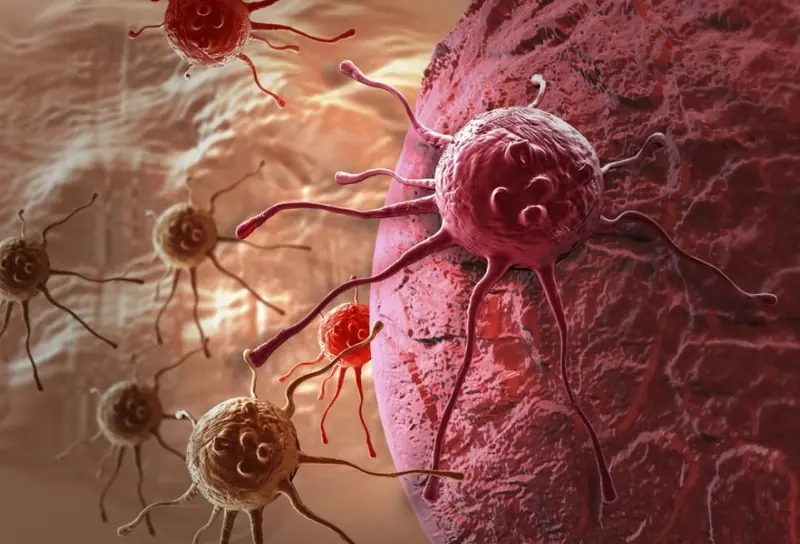
GOOD NEWS: The U.S. Has Successfully Tested a 'Miracle Drug' That Destroys 70 Types of Cancer
News Post

Fighting for Melania: A Childhood Stolen by Pain

Banana flower – from pig food to Asia's number 1 delicacy: Revealing 2 simple ways to make it

Bathroom tiles are often moldy, dirty, and yellowed: Here are 5 cheap tips to help keep your bathroom tiles clean and shiny.

A Mother’s Prayer: Liza Scott’s Ongoing Fight for Answers

How Your Sleep Position Reveals If You’re Lazy

7 Clever DIY Uses for Used Teabags That Will Make You Think Twice Before Tossing Them

When an Elephant Found a Friend: The Story of Nelly and Rocky.

The Day Compassion Was Served Through a Coffee Window.

From Darkness to Growth — How a Garden Saved a Grandson’s Life.

Yarroway – the herb that can save the day

Devotion: The Lions Made of Love and Cardboard

Previously Homeless Veteran and Mother of 6 Becomes A First-Generation College Graduate

Baileigh Sinaman-Daniel Makes NCAA History as First One-Armed Women’s Basketball Player to Score in a Game

The Teen Who Turned Watermelons into a Dream.

Lenana — The Lioness Who Refused to Give Up.

The Dog Who Chose Home: The Story of Scout.

Forget Calcium — Doctors Say This Is the #1 Exercise for the Strongest Bones

Baby Rawlings: A Valentine’s Wish That Became Forever Memories

Jake the Firehouse Hero: From Tragedy to Triumph
